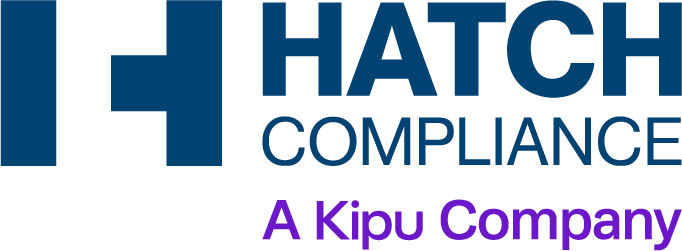HIPAA compliance is especially important in behavioral health due to the sensitive nature of the information involved. Behavioral health providers often work with patients who may have stigmatized conditions such as mental health disorders or substance use issues, making privacy protection even more critical.
Non-compliance with HIPAA can lead to severe penalties. Fines can range from $100 to $50,000 per violation, depending on the level of negligence. Additionally, HIPAA violations can lead to reputational damage, loss of patient trust, and potential lawsuits. It’s vital for behavioral health providers to take HIPAA compliance seriously to avoid these risks and ensure that patient information is handled with the utmost care.
For example, a behavioral health facility that inadvertently disclosed patient information during an unauthorized email communication faced substantial fines. This case highlights the importance of secure communication channels and strict adherence to privacy protocols.
Steps to Ensure HIPAA Compliance
Ensuring HIPAA compliance requires a proactive approach. Here are several steps that behavioral health providers can take to stay compliant with HIPAA regulations:
1. Conduct a Risk Assessment:
A comprehensive risk assessment is the first step in ensuring HIPAA compliance. This involves identifying potential risks to the privacy and security of PHI and ePHI. By evaluating where vulnerabilities exist, you want to acknowledge and implement measures to mitigate these risks.
2. Implement Physical and Technical Safeguards
Physical safeguards involve securing your facility from unauthorized access, such as using locked file cabinets and ensuring that workstations are in secure areas. Technical safeguards, such as encryption and firewalls, should be used to protect electronic records. Additionally, multi-factor authentication can add an extra layer of security for accessing patient records.
3. Ensure Proper Staff Training:
Did you know that staff errors are one of the most common causes of HIPAA violations? Regular training is crucial to ensure that all employees understand HIPAA requirements and how to handle PHI properly. Staff should be trained to recognize phishing attempts, avoid sharing passwords, and follow the correct procedures for accessing and sharing patient information.
4. Establish Clear Policies and Procedures:
Documenting policies for handling PHI is essential. These policies should cover everything from how information is collected, stored, and shared to how data breaches will be handled. Having clear procedures in place will ensure that your staff knows exactly what to do to remain compliant with HIPAA.
5. Incident Reporting:
Create an internal incident report for HIPAA close calls and violations. This will teach you and your team to be more aware of risks. In your Quality Improvement meetings, this should be one of the data points reviewed and discussed for risk mitigation
6. Regular Audits and Monitoring:
Conducting regular audits will help ensure that your facility is maintaining HIPAA compliance. Audits should review both the physical security of patient records and the technical safeguards protecting ePHI. Additionally, you should monitor who is accessing patient information to ensure that no unauthorized access is occurring.
The Role of Technology in HIPAA Compliance
In today’s digital age, technology plays a key role in maintaining HIPAA compliance. Many behavioral health facilities are now using Electronic Health Records (EHR) systems to manage patient information. While these systems can streamline operations, they also pose risks if not properly secured.
EHR systems must include features such as encryption, access controls, and audit logs to ensure that patient information is protected. Additionally, facilities must implement secure communication channels, such as encrypted email or patient portals, to share sensitive information with patients and other healthcare providers.
Telehealth, which has become increasingly popular in behavioral health, also requires compliance with HIPAA. Telehealth platforms must have robust security features, such as end-to-end encryption, to ensure that patient sessions are private and secure.
Conclusion
HIPAA compliance in behavioral health is essential for protecting patient privacy and ensuring that facilities remain secure and trustworthy. By understanding the Privacy and Security Rules, conducting risk assessments, training staff, and implementing proper safeguards, behavioral health providers can navigate the complexities of HIPAA and maintain compliance.
It’s important to remember that compliance is an ongoing process. As technology and regulations evolve, so too must your approach to HIPAA compliance. By staying proactive and continuously improving your practices, you can ensure that your facility is always prepared to meet HIPAA’s requirements and provide the highest level of care to your patients.
Key Takeaways:
- HIPAA compliance is critical for protecting sensitive patient information in behavioral health.
- Behavioral health providers must adhere to the Privacy Rule and Security Rule to remain compliant.
- Regular staff training, risk assessments, and secure technology solutions are essential for maintaining HIPAA compliance.
